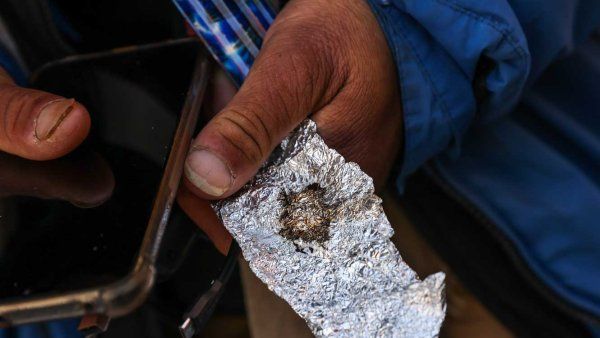Electric Scooter and Bike Accidents Are Soaring Across the U.S.
Electric bikes and scooters have soared in popularity in recent years, but a UCSF study has found that accidents stemming from these "micromobility" vehicles have also soared.
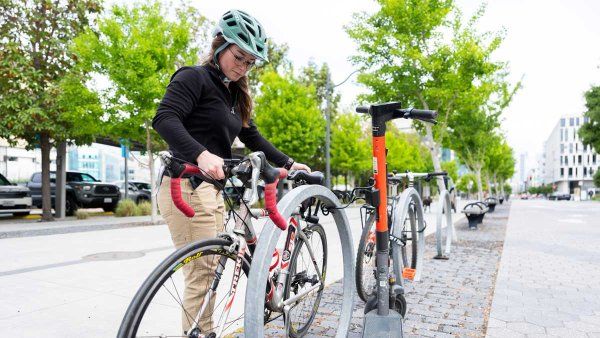
University of California San Francisco
Give to UCSFElectric bikes and scooters have soared in popularity in recent years, but a UCSF study has found that accidents stemming from these "micromobility" vehicles have also soared.

UCSF Benioff Children’s Hospitals has received final approval from the University of California Board of Regents for a $1.49 billion hospital building on its Oakland campus that will provide a state-of-the-art, child-centered medical facility for families across the Bay Area.
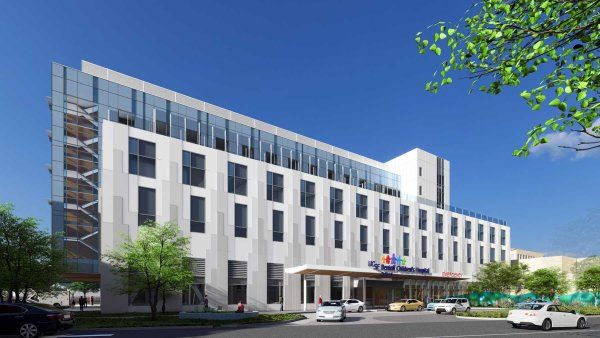
Results from a national study led by UCSF informed the first guidelines at the federal level in the U.S. to detect and treat anal cancer precursor lesions in people with HIV to reduce the risk of developing anal cancer.
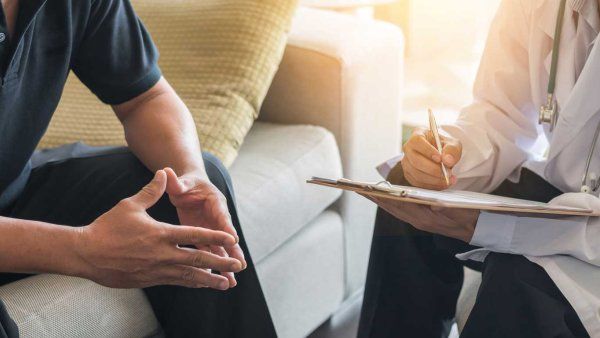
A team of epilepsy specialists at UC San Francisco has developed a method to predict 24-hour seizure risk. The discovery, which may be scalable to large numbers of patients, could help to improve the

Acute hepatic porphyria (AHP) is a rare genetic disease with symptoms that overlap with many other conditions, making it extremely challenging to diagnose. Its symptoms mostly affect women with severe

UCSF Medical Center has been ranked among the country’s best hospitals in adult care in U.S. News & World Report’s prestigious Best Hospitals survey.
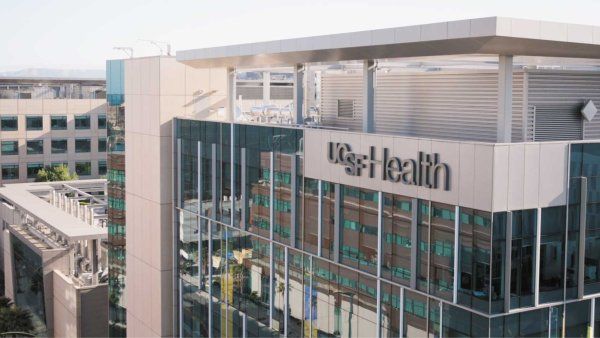
A newly discovered hormone explains why females can maintain bone density during lactation, when calcium is stripped away to make milk. This discovery could one day have applications to treating fractures, osteoporosis, and other bone diseases.
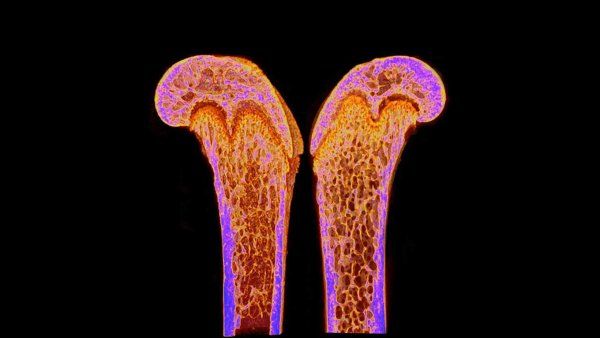
Despite recent advancements in the treatment of Parkinson’s Disease, it remains a challenge to accurately measure the progression of symptoms like tremors, stiffness and slowing of movement for this

Scientists have identified the biomarkers in progressive supranuclear palsy, a type of frontotemporal dementia, the most common dementia affecting people under 60.
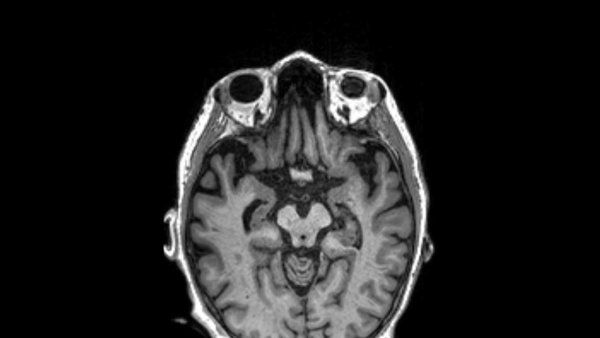
A study linked chronic inflammation in early adulthood to loss of cognitive skills in midlife. Chronic inflammation is caused by obesity, smoking, and poor health. Those with higher levels of inflammation were twice as likely to have poor cognitive performance than those with low inflammation.
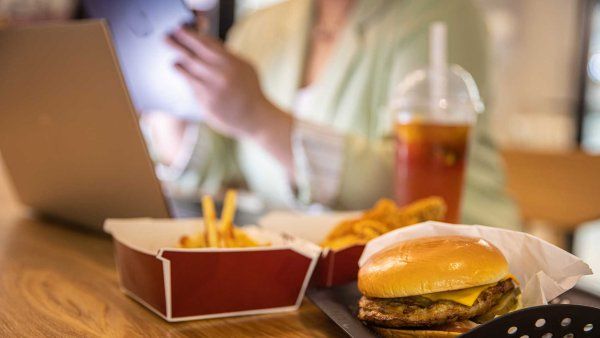
UCSF Health, in collaboration with California Attorney General Rob Bonta, announced a cooperative settlement agreement that preserves vital health services and promotes health equity in San Francisco amidst UCSF Health’s acquisition of Dignity Health’s San Francisco hospitals, including Saint Francis Memorial Hospital (SFMH) and St. Mary’s Medical Center (SMMC).
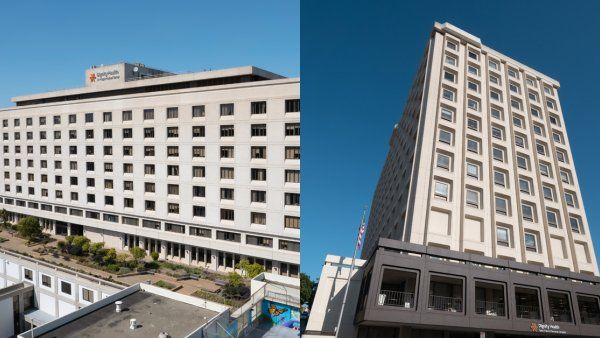
A new approach for turning calorie-storing white fat into beige fat, which we burn to keep our body temperatures, could potentially inform development of new type of obesity treatments.
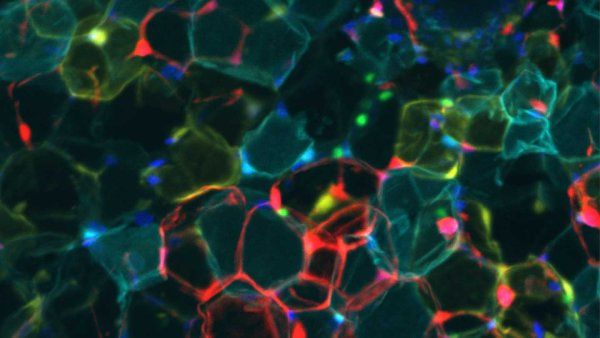
Transgender women on hormone therapy tend to skew artificially low on prostate cancer screening tests, which may give false reassurance and delay diagnosis and treatment, reports a new study led by UC
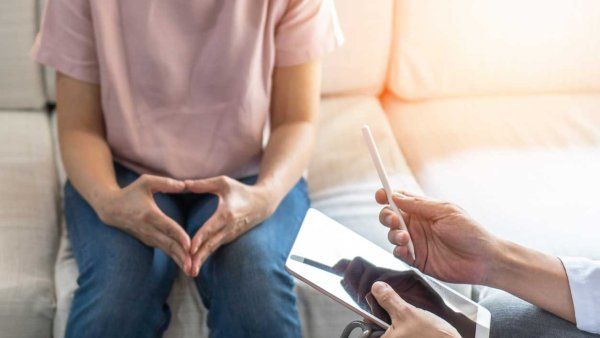
Oncology specialists from around the world came together for the 2024 American Society of Clinical Oncology (ASCO) Annual Meeting to discuss the latest developments in cancer care, research,

Ultrasound is not necessary for medication abortion, and patients do equally well whether they are seen in person or via telehealth, and whether they receive their medication in person or through a mail order pharmacy.

Hospitalized patients with complex dietary restrictions often develop hyperglycemia, or high blood sugar. This occurs in roughly one-quarter to one-half of these patients, leading to serious

UCSF Health and UCSF Benioff Children’s Hospitals signed an agreement to prioritize local union workers for the construction of a proposed landmark hospital building and related site improvements on its Oakland site.
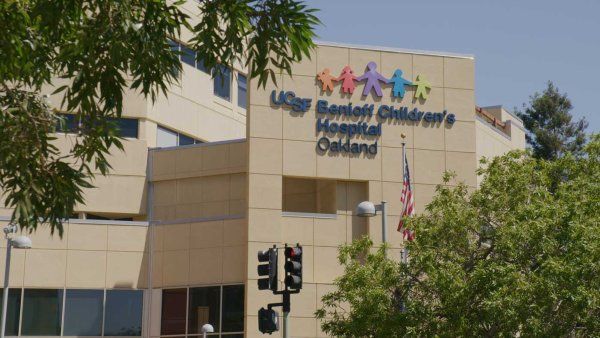
Adverse symptoms from the COVID-19 vaccine such as chills and headaches are linked to a robust antibody response, indicating increased efficacy compared with recipients who did not experience side effects.
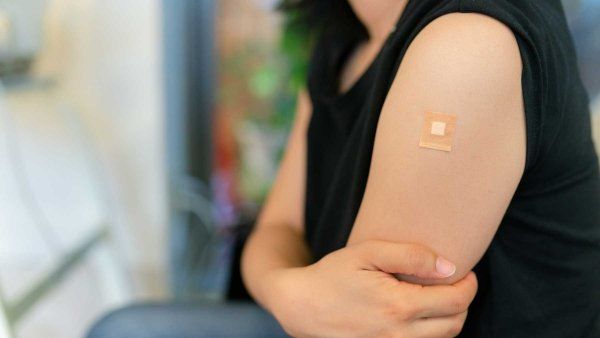
Diabetes distress, the fears, worries and burdens associated with living with and managing diabetes, affects up to 75% of adults with Type 1 diabetes. The most effective way to reduce diabetes and improve glucose control is to focus on managing the emotional strain of living with the condition.
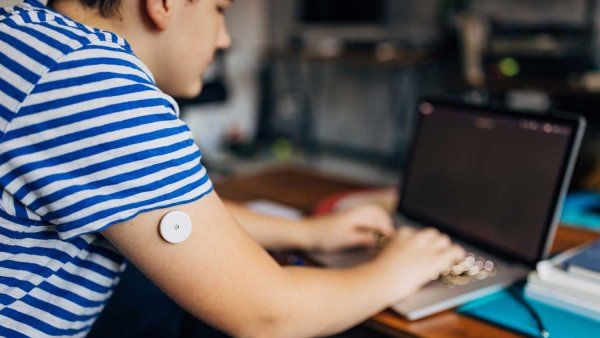
Multiciliated cells, cells with hundreds of hair-like structures that move called cilia, keep things like mucus in the lungs and cerebrospinal fluid in the brain flowing in the right direction.
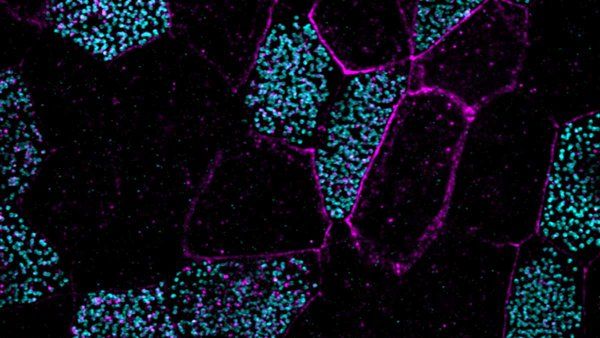
A high sodium diet may increase the risk of eczema. Eating just one extra gram of sodium per day – the amount in a Big Mac – increases the likelihood of flares by 22%.
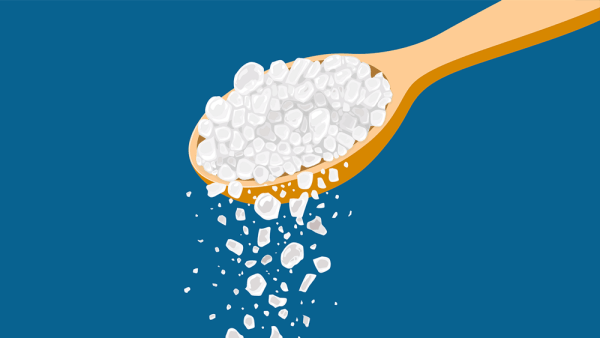
For tweens, restricting screens in bedrooms and at mealtimes and modeling healthy practices at home are parenting practices that work best to curb screen time and addictive screen behavior:

Teens who come from close-knit neighborhoods and families are less likely to have sex at a young age, while teens’ schools have less influence on their sexual behavior.

Traumatic brain injuries for people over age 65 can raise their risk for dementia, Parkinson's, cardiovascular and psych disease. Contrary to earlier research, the study found that healthy, wealthy white women are at higher risk.
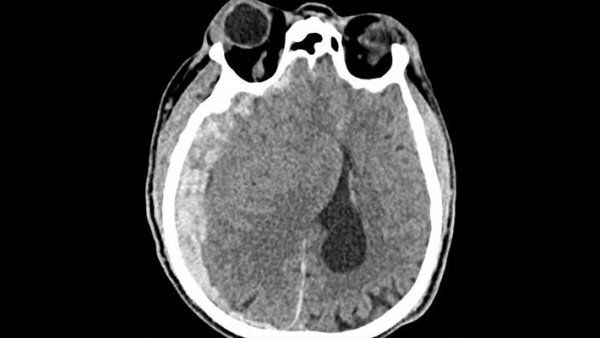
A clinical trial supported by the NIH has found that intravenous acetaminophen reduced sepsis patients’ risk of having organ injury or developing acute respiratory distress syndrome (ARDS), a serious condition that allows fluid to leak into the lungs.

Gastrointestinal cancer surgeons at the UCSF performed the health system’s 15,000th robotically assisted minimally invasive surgery, making it the first University of California health center to reach this milestone.

Researchers have found links between lung microbial communities and mortality risk in pediatric bone marrow transplant patients. Metagenomic sequencing revealed distinct patient clusters and unexpected pathogens, highlighting the need for precise diagnostics and therapeutics. Antibiotic treatment was associated with bacterial depletion and enriched viral and fungal populations.

Energy expended for hospital and clinic electricity, climate control and ventilation is by far the biggest source of greenhouse gas emissions in radiotherapy, a treatment used in more than half of cancer cases.

UCSF researchers discovered the first known neurons in the retina that connect to blood vessels. Understanding these neurons can help treat and prevent vascular-related vision loss.
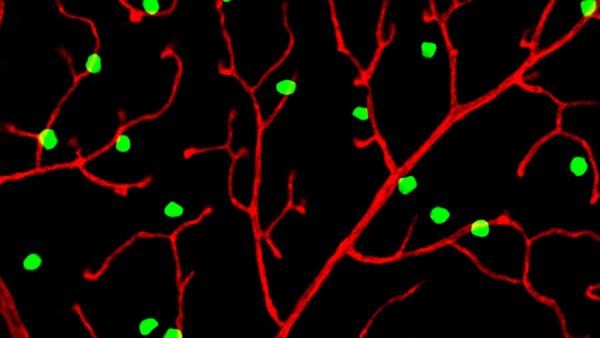
While many have shifted to smoking instead of injecting fentanyl, researchers found that there is an increased risk of overdose death from the drug residue accumulated in smoking equipment.
